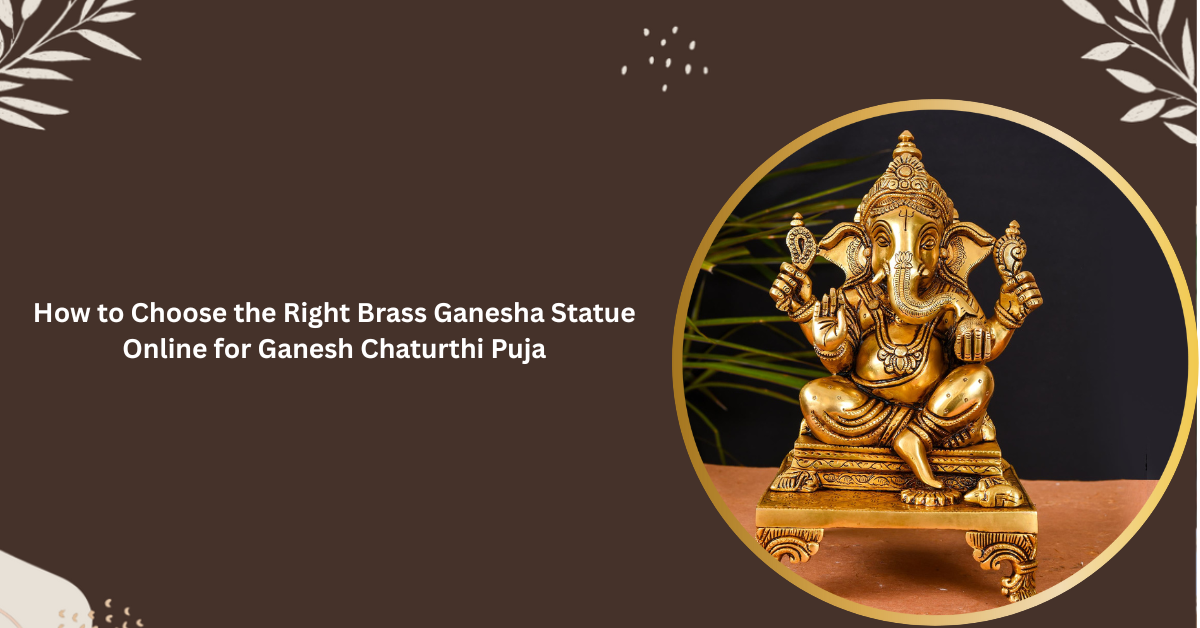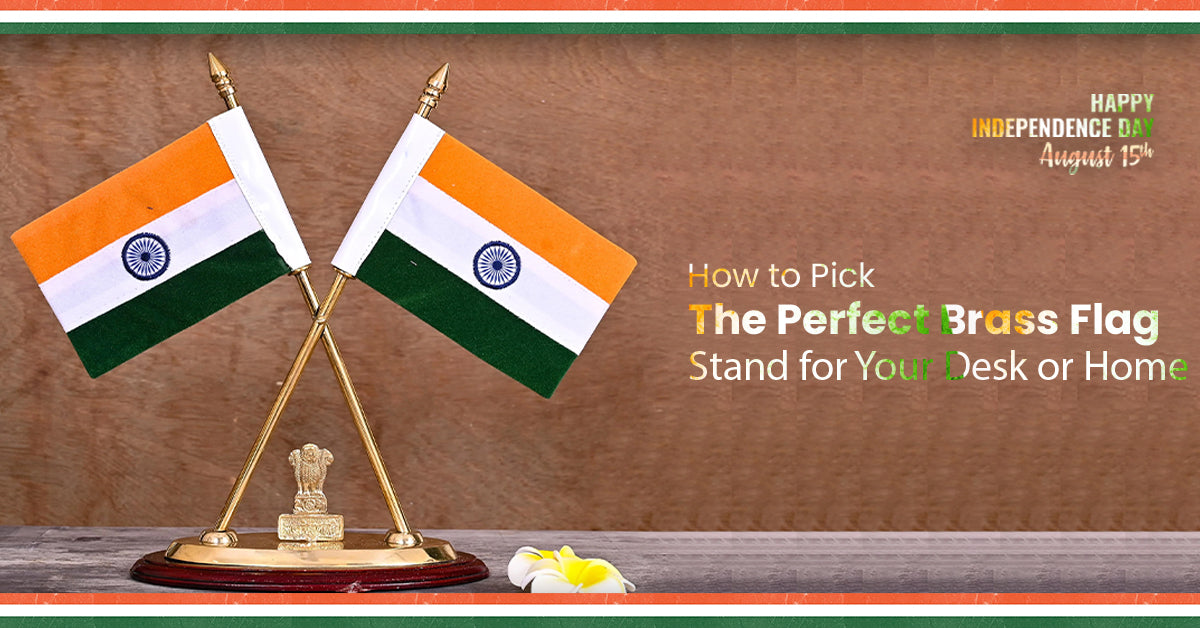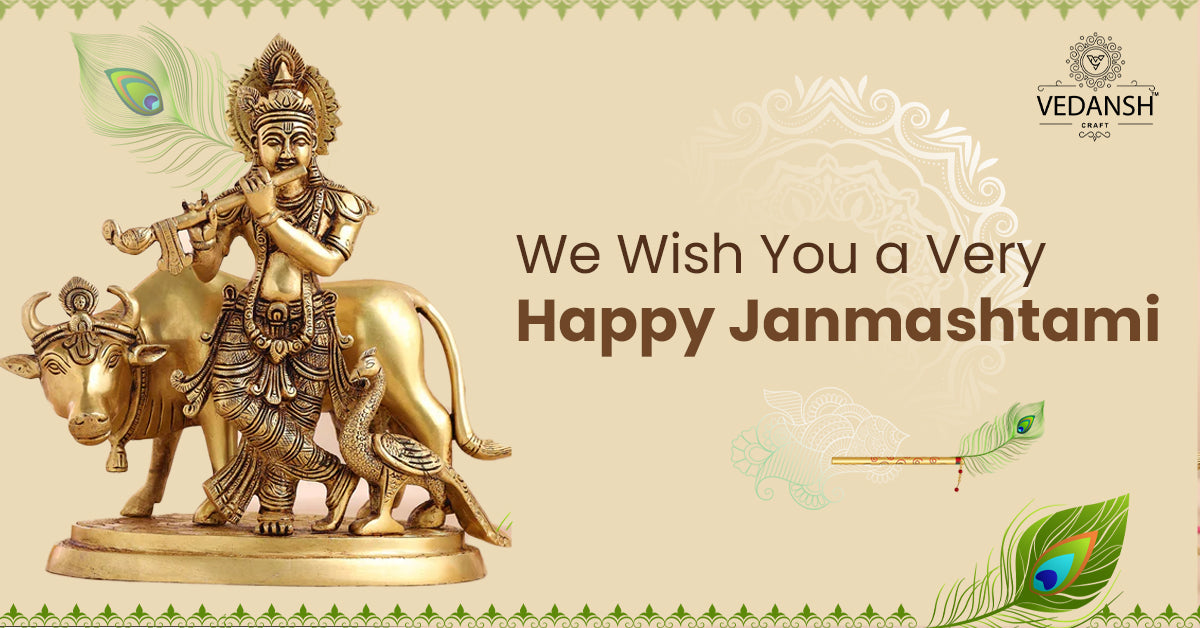

Diwali: Lakshmi Puja Vidhi at Home
, by javed techqart, 12 min reading time
Diwali, often called Deepavali, is one of the most prominent and cherished festivals celebrated by Indians. It falls on the fifteenth day of the Hindu month of Kartika. This "Festival of Lights," spans over five days. It represents the victory of light over darkness, good over evil, and knowledge over ignorance.
The festival has deep-rooted cultural, religious, and historical significance. The lighting of lamps and candles symbolizes the triumph of righteousness and the vanquishing of darkness. It commemorates several stories from Hindu mythology. The most famous story being the return of Lord Rama to Ayodhya after defeating the demon king Ravana and the rescue of his wife, Sita.
Importance of Lakshmi Ganesh Puja During Diwali
The Lakshmi Ganesh Puja is a quintessential part of Diwali celebrations. It is a significant religious observance where devotees worship two principal deities:
- Lord Ganesha: Lord Ganesha, the elephant-headed deity, is invoked at the beginning of any auspicious occasion. He is known as the remover of obstacles and the provider of wisdom and intellect. His presence at the Diwali puja is believed to ensure the smooth flow of the festivities and the removal of any hindrances.
- Goddess Lakshmi: Goddess Lakshmi is revered as the goddess of wealth, prosperity, and abundance. Her blessings are sought during Diwali to usher in financial prosperity and well-being into one's life. Devotees believe inviting Goddess Lakshmi into their homes brings good fortune and wealth.
Preparations for Lakshmi Ganesh Puja
Preparations lay the foundation for the auspicious Lakshmi Ganesh Puja during Diwali. With a clean and beautiful environment, you are ready to embark on the sacred rituals that will invite the blessings of wealth, prosperity, and wisdom into your home and life.
- Cleaning and Decorating the Home
The preparations for the Lakshmi Ganesh Puja commence well in advance of Diwali. Cleaning and decorating the home hold paramount importance in setting the stage for the festive puja:
- Thorough Cleaning: Weeks before Diwali, families thoroughly clean their homes. This ritual signifies the removal of negativity, dust, and clutter from one's life, creating a pristine environment for the festivities.
- Decoration with Rangoli: One of the most visually striking aspects of Diwali is the creation of rangoli. Rangoli designs are intricate, colorful patterns made on the floor using materials like rice flour, colored powders, flower petals, and even colored sand. These designs not only add aesthetic beauty but also hold symbolic significance, symbolizing prosperity and welcome.
- Diyas and Lights: Diwali gets its name from the tradition of lighting thousands of diyas (oil lamps) and candles. Homes are adorned with rows of these lamps to symbolize the victory of light over darkness and to welcome the deities into the home.
2) Gathering Necessary Items for the Puja
Performing the Lakshmi Ganesh Puja requires a list of essential items to ensure that the rituals are conducted with devotion and accuracy:
- Idols or Images of Deities: Acquire idols or images of Lord Ganesha and Goddess Lakshmi for the puja. These can be made of clay, metal, or any other suitable material. Ensure that they are in pristine condition.
- Puja Thali: A puja thali or plate holds all the items required for the puja, such as incense sticks, camphor, flowers, sweets, and a diya or lamp. It serves as a convenient tool during the rituals.
- Incense Sticks and Camphor: Incense sticks (agarbatti) create a fragrant atmosphere during the puja. Camphor is lit to perform Pancha Harathi (ritual of waving the lamp) during the puja.
- Sweets and Fruits: Offerings of sweets, particularly modak, ladoo, and fruits, are made to the deities as prasad (blessed food). Sweets symbolize the sweetness and abundance in life.
- Flowers: Fresh flowers, especially marigolds, are commonly used to decorate the puja area and offer to the deities. They symbolize purity and devotion.
3) Setting Up the Puja Area
Creating a dedicated and harmonious puja area is vital for conducting the Lakshmi Ganesh Puja:
- Choosing the Location: Select a clean and peaceful area within your home for the puja. It could be a room, a corner of a room, or even a specially designated area on a table or platform.
- Clean Cloth: Spread a clean cloth on the chosen surface. This cloth serves as the altar on which the deities and other puja items will be placed.
- Idol Placement: Position the idols or images of Lord Ganesha and Goddess Lakshmi on the cloth. Ensure they are placed facing east, which is considered auspicious.
- Decoration: Decorate the puja area with flowers, rangoli, and other decorative items to create a divine and inviting ambiance.
Lakshmi Ganesh Puja Vidhi
The Lakshmi Ganesh Puja is a sacred and elaborate ritual performed during Diwali to invoke the blessings of Lord Ganesha and Goddess Lakshmi. Following each step with devotion and sincerity is essential to attain the desired spiritual and material prosperity.
- Begin with a Sankalpa (Sacred Vow)
The puja begins with taking a sankalpa, a solemn vow, where you express your intention and purpose for performing the Lakshmi Ganesh Puja. This is a moment to set your intentions and seek the blessings of the deities for prosperity, well-being, and spiritual growth.
- Ganesha Puja
Offer prayers and sing bhajans dedicated to Lord Ganesha, seeking His blessings for successfully completing the puja. You can offer modak (a sweet delicacy loved by Lord Ganesha) as prasad.
Invoking Lord Ganesha:
- Place the idol or image of Lord Ganesha on the puja cloth.
- Begin by performing achamanam, a ritual of sipping water three times, to purify yourself.
- Chant the Ganesh mantra, "Om Gam Ganapataye Namaha," while offering water and flowers to Lord Ganesha to invoke His presence.
- Light a diya or incense stick and wave it in a circular motion in front of the idol as a mark of welcoming the deity.
2) Lakshmi Puja
Recite Lakshmi mantras or stotras (devotional hymns) to seek the blessings of Goddess Lakshmi. You can find specific mantras in Diwali puja books or online resources.
Invoking Goddess Lakshmi:
- Place the idol or image of Goddess Lakshmi next to Lord Ganesha.
- Light the diya and incense to create a sacred ambiance.
- Sprinkle holy water (Ganga jal or plain water) on the idol while chanting the Lakshmi mantra, "Om Shreem Mahalakshmiyei Namaha," to invoke the presence of Goddess Lakshmi.
- Imagine that Goddess Lakshmi has arrived at your home, bringing wealth and prosperity.
3) Saraswati Puja
If you wish to seek knowledge, wisdom, and guidance in your life, you can perform a Saraswati Puja alongside the Lakshmi Ganesh Puja:
Invoking Goddess Saraswati for Knowledge and Wisdom:
- Place the idol or image of Goddess Saraswati near the other deities.
- Light a diya and incense to create a pure and serene atmosphere.
- Sprinkle water on the idol while chanting Saraswati mantras to invoke her presence.
- Saraswati is associated with pursuing knowledge and wisdom, making this an excellent addition to your Diwali puja.
Significance of Lakshmi Ganesh Puja
The Lakshmi Ganesh Puja during Diwali holds immense spiritual and cultural significance:
- Spiritual Fulfillment: It is a time for devotees to connect with the divine and seek blessings for spiritual growth, wisdom, and inner peace.
- Renewal of Spirit: Diwali signifies the renewal of one's inner light, dispelling ignorance and embracing knowledge and wisdom.
- Family Unity: The puja brings families together, fostering a sense of unity and togetherness as they collectively seek blessings.
- Cultural Heritage: It preserves and celebrates India's rich cultural heritage and mythology, passing down traditions from generation to generation.
Symbolism Behind the Diwali Rituals
The rituals of the Lakshmi Ganesh Puja are laden with symbolism:
- Ganesha's Blessing: Lord Ganesha is invoked first to remove obstacles, symbolizing the need to overcome hindrances on the path to success and prosperity.
- Lakshmi's Arrival: Invoking Goddess Lakshmi signifies her arrival into one's home, bringing with her wealth, abundance, and prosperity.
- Aarti's Light: The aarti ceremony represents the removal of darkness from one's life, signifying the triumph of knowledge over ignorance.
- Prasad Sharing: Distributing prasad signifies the sharing of divine blessings and emphasizes the importance of generosity and community.
Blessings and Prosperity Associated with the Puja
The Lakshmi Ganesh Puja is conducted with the hope of receiving blessings and prosperity:
- Material Wealth: Devotees seek the blessings of Goddess Lakshmi for financial prosperity, stability, and abundance in their lives.
- Spiritual Growth: Lord Ganesha is revered for granting wisdom, knowledge, and intellect, which are essential for personal and spiritual growth.
- Harmony and Unity: The puja fosters harmony and unity within families and communities, reinforcing the importance of love and togetherness.
- Cleansing and Renewal: The rituals symbolize cleansing impurities from one's mind and life, offering a fresh start and a positive outlook.
Celebrate Diwali with Devotion and Gratitude
As we embark on the Diwali celebrations, let us remember that the essence of this festival extends beyond the rituals and festivities. Diwali is a time to cultivate devotion, express gratitude, and foster unity within our families and communities. It is an opportunity to deepen our spiritual connection and seek Lord Ganesha's and Goddess Lakshmi's blessings for a brighter and more prosperous future.
As you celebrate this Festival of Lights, may it bring light to your hearts and homes, and may you continue to spread love, harmony, and positivity in the world. Happy Diwali!
Blog posts




